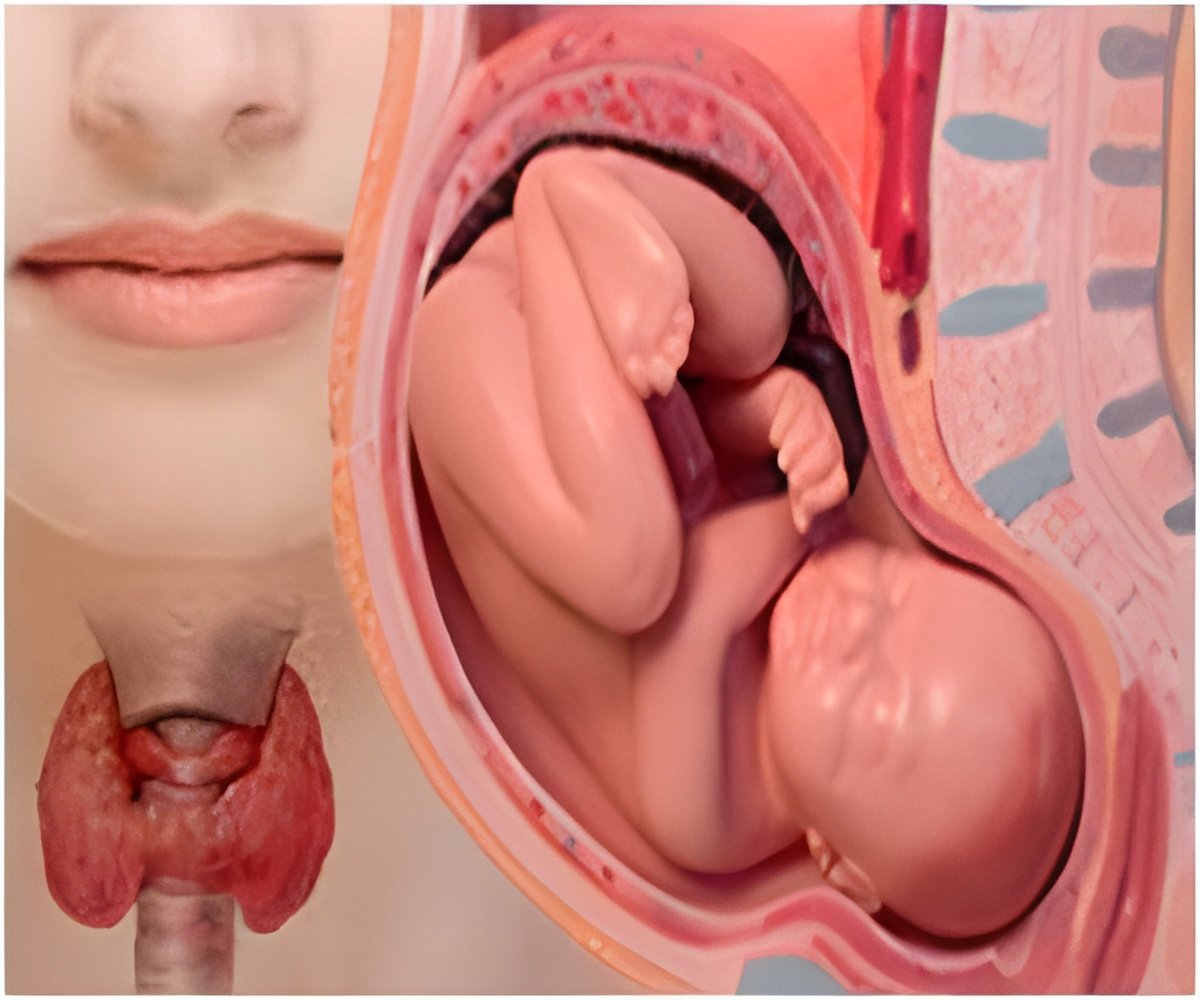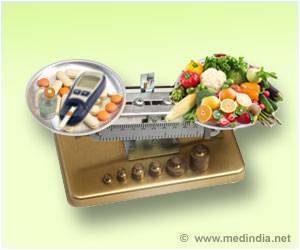
Excess iodine causes the thyroid to temporarily decrease function to protect against hyperthyroidism (Wolff-Chaikoff effect). Adults and older children are able to "escape" from this effect after several days of excess iodine to avoid hypothyroidism. However, the immature thyroid glands of fetuses and newborns have not developed this protective effect and are more susceptible to iodine-induced hypothyroidism. Although infants recover normal thyroid function after acute iodine exposure (e.g., a few days of topical iodine application), continuous excessive iodine exposure to the fetal and neonatal thyroid gland may cause long-term harmful effects on thyroid function.
Sources of iodine include nutritional supplements, prenatal vitamins, and seaweed (kelp). According to Dr. Connelly, "The use of iodine-containing supplements in pregnancy and while breastfeeding is recommended in the United States. However, these cases demonstrate the potential hazard of exceeding the safe upper limit for daily ingestion." Excess iodine ingestion from supplementation is often unrecognized because it is not routine practice to ask mothers of infants with congenital hypothyroidism about nutritional supplements taken during pregnancy. Pregnant or breastfeeding women should discuss the safe dosages of nutritional supplements with their doctors prior to including them in their daily regimen.
Source-Eurekalert













